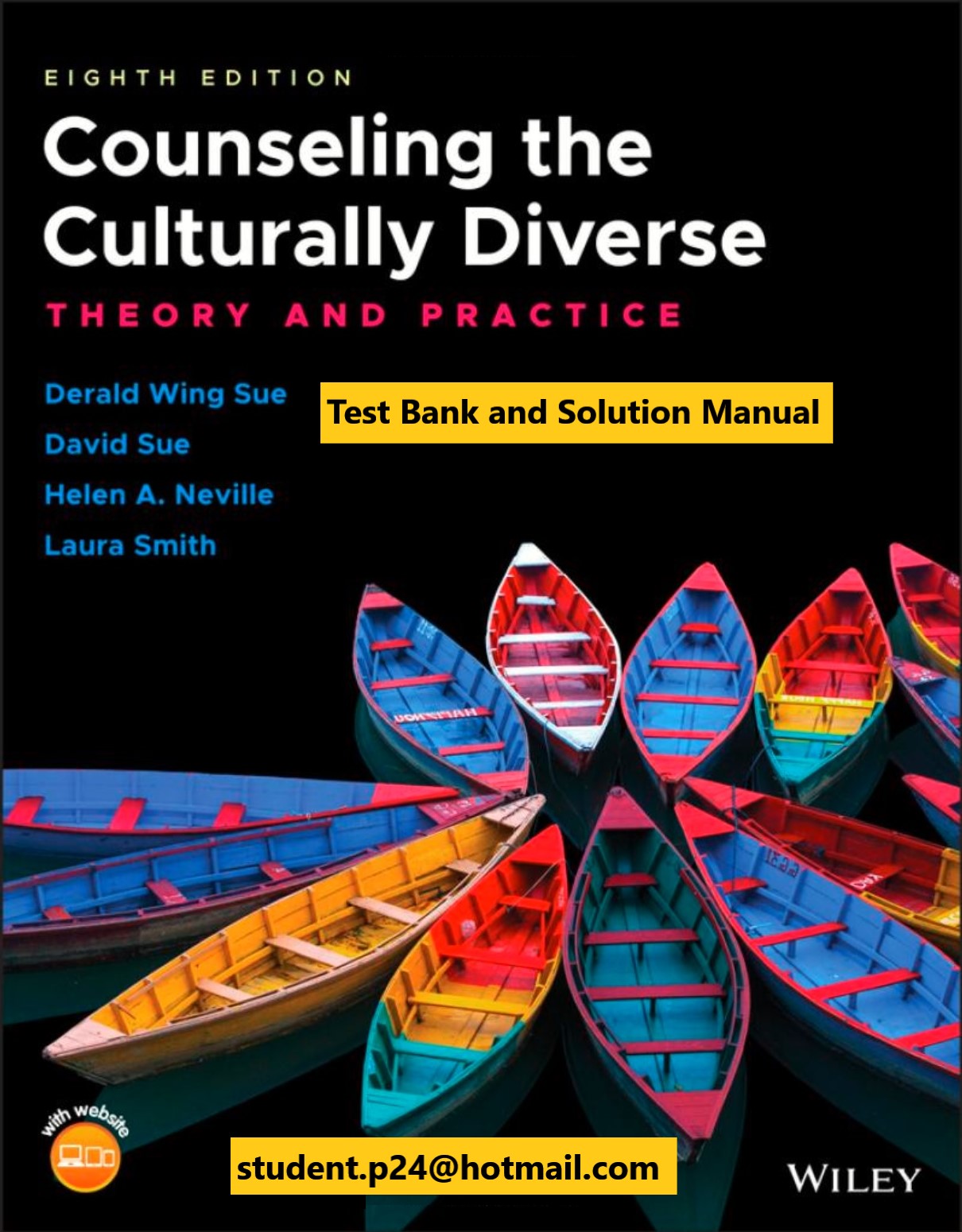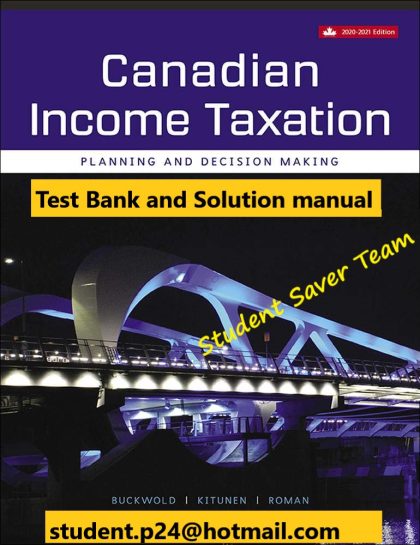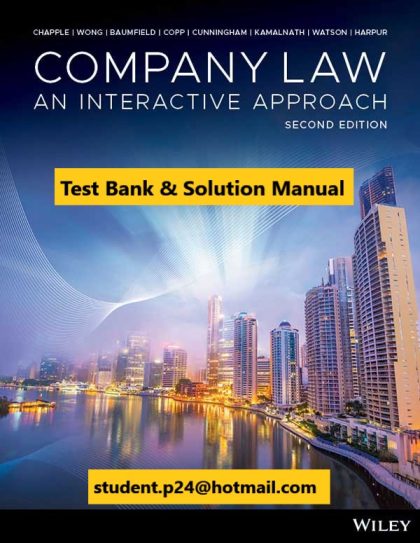Counseling the Culturally Diverse: Theory and Practice, 8th Edition
ISBN: 978-1-119-44824-2 April 2019 544 Pages
Product details
- Paperback: 544 pages
- Publisher: Wiley; 8 edition (April 16, 2019)
- Language: English
- ISBN-10: 1119448247
- ISBN-13: 978-1119448242
Counseling the Culturally Diverse Theory and Practice 8th Edition Sue Test Bank
TABLE OF CONTENTS
Section One The Multiple Dimensions of Multicultural Counseling and Therapy 1
Part I The Affective and Conceptual Dimensions of Multicultural Counseling and Therapy 3
Chapter 1 Obstacles to Developing Cultural Competence and Cultural Humility: Understanding Resistance to Multicultural Training 5
Reactions to Reading Counseling the Culturally Diverse 6
Emotional Self‐Revelations and Fears: Majority Group Members 9
Emotional Invalidation Versus Affirmation: Marginalized Group Members 11
Recognizing and Understanding Resistance to Multicultural Training 15
Cultural Competence and Emotions 21
Implications for Clinical Practice 22
Summary 23
References 24
Chapter 2 Multicultural Counseling and Therapy (MCT) 26
Culture‐Universal (Etic) Versus Culture‐Specific (Emic) Formulations 29
The Nature of Multicultural Counseling Competence 31
A Tripartite Framework for Understanding the Multiple Dimensions of Identity 32
Individual and Universal Biases in Psychology and Mental Health 36
The Impact of Group Identities on Counseling and Psychotherapy 37
What Is Multicultural Counseling and Therapy (MCT)? 37
What Is Cultural Competence? 38
Social Justice and Cultural Competence 41
Implications for Clinical Practice 42
Summary 43
References 44
Chapter 3 Multicultural Counseling Competence for Counselors and Therapists of Marginalized Groups 47
Interracial and Interethnic Biases 49
Impact on Interracial Counseling Relationships 49
Stereotypes Held by Socially Marginalized Group Members 50
The Who‐Is‐More‐Oppressed Game 50
Counselors from Marginalized Groups Working with Majority and Other Marginalized Group Clients 51
The Politics of Interethnic and Interracial Bias and Discrimination 52
The Historical and Political Relationships Between Groups of Color 54
Differences Between Racial/Ethnic Groups 56
Counselors of Color and Dyadic Combinations 58
Implications for Clinical Practice 66
Summary 67
References 68
Part II The Impact and Social Justice Implications of Counseling and Psychotherapy 71
Chapter 4 The Political and Social Justice Implications of Counseling and Psychotherapy 73
The Mental Health Impact of Sociopolitical Oppression 75
Sociopolitical Oppression and the Training of Counseling/Mental Health Professionals 77
Definitions of Mental Health 77
Counseling and Mental Health Literature 80
The Need to Treat Social Problems—Social Justice Counseling 84
Social Justice Counseling 89
Implications for Clinical Practice 92
Summary 93
References 94
Chapter 5 The Impact of Systemic Oppression Within the Counseling Process: Client Worldviews and Counselor Credibility 98
Locating Clients’ Problems Entirely Inside the Clients 99
Culturally Related Responses That Reproduce Stereotypes 100
Responding When the Issues are Our Own: White Fragility 100
Effects of Historical and Current Oppression 101
Counselor Credibility and Attractiveness 107
Formation of Individual and Systemic Worldviews 110
Formation of Worldviews 112
Implications for Clinical Practice 115
Summary 116
References 117
Chapter 6 Microaggressions in Counseling and Psychotherapy 119
Christina M. Capodilupo
Contemporary Forms of Oppression 123
The Evolution of the “Isms”: Microaggressions 124
The Dynamics and Dilemmas of Microaggressions 129
Therapeutic Implications 133
Manifestations of Microaggressions in Counseling/Therapy 134
The Path Forward 137
Implications for Clinical Practice 137
Summary 137
References 138
Part III The Practice Dimensions of Multicultural Counseling and Therapy 143
Chapter 7 Multicultural Barriers and the Helping Professional: The Individual Interplay of Cultural Perspectives 145
My Therapist Didn’t Understand 146
Standard Characteristics of Mainstream Counseling 146
Culture‐Bound Values 147
Class‐Bound Values 152
Language Barriers 155
Patterns of “American” Cultural Assumptions and Multicultural Family Counseling/Therapy 156
Time Dimension 158
Relational Dimension 159
Activity Dimension 160
Nature of People Dimension 161
Overgeneralizing and Stereotyping 162
Implications for Clinical Practice 163
Summary 163
References 164
Chapter 8 Communication Style and Its Impact on Counseling and Psychotherapy 168
Communication Styles 170
Sociopolitical Facets of Nonverbal Communication 176
Counseling and Therapy as Communication Style 181
Implications for Clinical Practice 184
Summary 185
References 186
Chapter 9 Multicultural Evidence‐Based Practice (EBP) 188
Evidence‐Based Practice (EBP) and Multiculturalism 191
Evidence‐Based Practice (EBP) and Diversity Issues in Counseling 203
Implications for Clinical Practice 206
Summary 207
References 208
Chapter 10 Non‐Western Indigenous Methods of Healing: Implications for Multicultural Counseling and Therapy (MCT) 212
Worldviews and Cultural Syndromes 214
The Principles of Indigenous Healing 218
Examples of Indigenous Healing Approaches 224
Dangers and Benefits of Spirituality 226
Implications for Clinical Practice 227
Summary 227
References 228
Part IV Racial, Ethnic, Cultural (REC) Attitudes in Multicultural Counseling and Therapy 231
Chapter 11 Racial, Ethnic, Cultural (REC) Identity Attitudes in People of Color: Counseling Implications 233
Racial Awakening 234
REC Identity Attitude Models 236
A General Model of REC Identity 238
Counseling Implications of the R/CID Model 246
Value of a General REC Identity Framework 249
Implications for Clinical Practice 251
Summary 251
References 252
Chapter 12 White Racial Identity Development: Counseling Implications 255
Understanding the Dynamics of Whiteness 258
Models of White Racial Identity Development 260
The Process of White Racial Identity Development: A Descriptive Model 263
Developing a Nonracist and Antiracist White Identity 267
Implications for Clinical Practice 273
Summary 273
References 274
Section Two Multicultural Counseling and Specific Populations 277
Part V Understanding Specific Populations 279
Chapter 13 Culturally Competent Assessment 281
Therapist Variables Affecting Diagnosis 283
Cultural Competence and Preventing Diagnostic Errors 284
Contextual and Collaborative Assessment 287
Infusing Cultural Relevance into Standard Clinical Assessments 290
Implications for Clinical Practice 295
Summary 295
References 296
Part VI Counseling and Therapy with Racial/Ethnic Minority Group Populations 299
Chapter 14 Counseling African Americans 301
Characteristics and Strengths 303
Specific Challenges 309
Implications for Clinical Practice 311
Summary 312
References 313
Chapter 15 Counseling American Indians/Native Americans and Alaska Natives 316
Characteristics and Strengths 318
Specific Challenges 321
Implications for Clinical Practice 327
Summary 328
References 328
Chapter 16 Counseling Asian Americans and Pacific Islanders 331
Characteristics and Strengths 333
Specific Challenges 339
Implications for Clinical Practice 343
Summary 344
References 345
Chapter 17 Counseling Latinx Populations 348
Characteristics and Strengths 350
Specific Challenges 355
Implications for Clinical Practice 359
Summary 360
References 361
Chapter 18 Counseling Multiracial Populations 364
Characteristics and Strengths 366
Specific Challenges 369
Implications for Clinical Practice 374
Summary 375
References 376
Part VII Counseling and Special Circumstances Involving Racial/Ethnic Populations 379
Chapter 19 Counseling Arab Americans and Muslim Americans 381
Characteristics and Strengths 382
Specific Challenges 385
Implications for Clinical Practice 389
Summary 390
References 390
Chapter 20 Counseling Immigrants and Refugees 393
Characteristics and Strengths 396
Specific Challenges 400
Implications for Clinical Practice 405
Summary 407
References 407
Chapter 21 Counseling Jewish Americans 410
Characteristics and Strengths 412
Specific Challenges 415
Implications for Clinical Practice 418
Summary 420
References 420
Part VIII Counseling and Therapy with Other Multicultural Populations 423
Chapter 22 Counseling Individuals with Disabilities 425
Characteristics and Strengths 427
Specific Challenges 432
Implications for Clinical Practice 437
Summary 438
References 438
Chapter 23 Counseling LGBTQ Populations 441
Characteristics and Strengths 443
Specific Challenges 447
Implications for Clinical Practice 452
Summary 454
References 454
Chapter 24 Counseling Older Adults 458
Characteristics and Strengths 459
Specific Challenges 462
Implications for Clinical Practice 468
Summary 470
References 470
Chapter 25 Counseling Individuals Living in Poverty 474
Characteristics and Strengths 476
Specific Challenges 478
Implications for Clinical Practice 482
Summary 485
References 485
Chapter 26 Counseling Women 488
Characteristics and Strengths 490
Specific Challenges 492
Implications for Clinical Practice 499
Summary 500
References 501
Index 505




